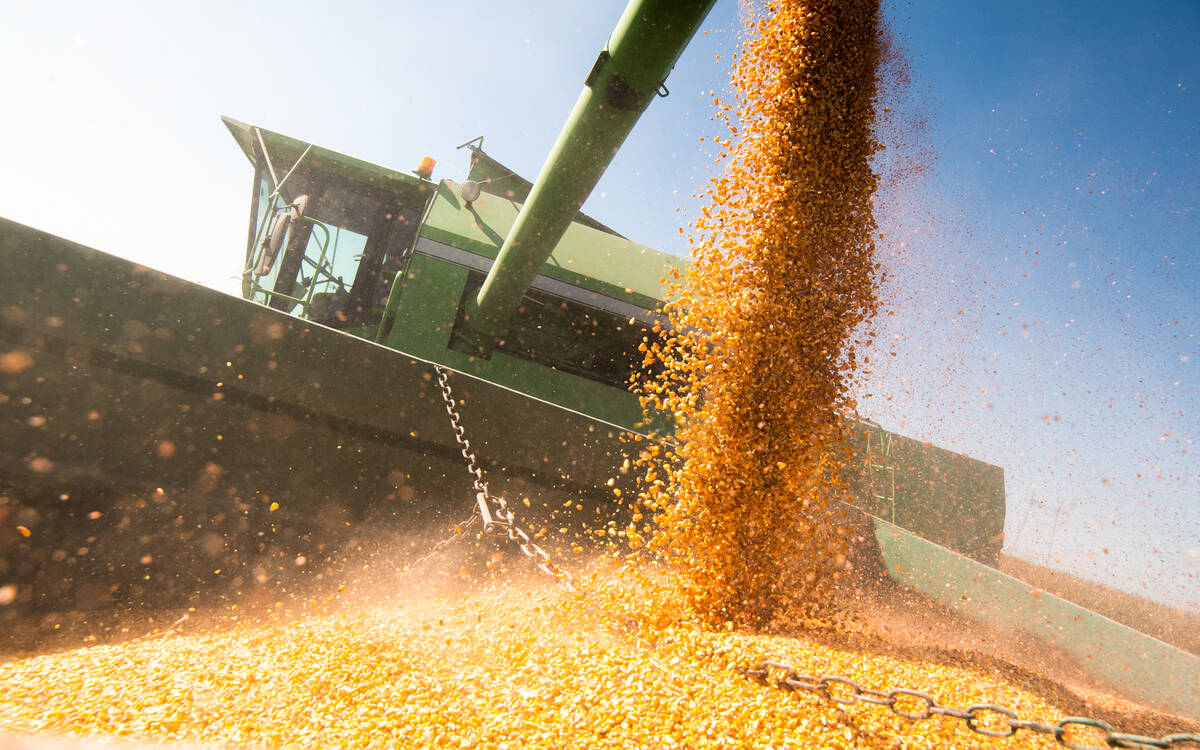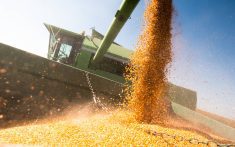A southwestern Missouri farmer is the first to have officially cracked the 160 bushels per acre mark for soybean yield.
Kip Cullers, who farms at Purdy, about 80 km southeast of Joplin, was confirmed — again — as the world record holder on Oct. 12 by the Missouri Soybean Association (MSA), after the weigh check from his Sept. 28 harvest was witnessed and verified by a third-party, MSA-approved official.
“Reaching this unprecedented level shows the yield capacity soybeans can obtain and the potential for higher-yielding soybeans,” Dale Ludwig, CEO for the Jefferson City-based MSA, said in a recent release.
Read Also

Feed Grain Weekly: Corn affecting barley prices in Lethbridge
Corn imports entering Lethbridge have lowered prices for feed barley compared to those in Edmonton.
“Kip’s new record shows we have yet to maximize the yield potential of soybeans and is a great example of how intensive crop management can push soybeans to higher yields.”
“Weather conditions also are a significant factor, and we experienced times when conditions were not all that favourable this season,” Cullers said in the same release. “However, with irrigation and managing for stresses along the way, yields came through.”
Cullers planted the record-setting crop April 14, putting in Pioneer variety 94Y71 on an irrigated and conventionally tilled field, where he used Headline fungicide and Asana XL and Steward EC insecticides, following label instructions in all cases, the MSA said. Seed treatments included Optimize 400 and Bio-Forge.
Cullers first grabbed the world record soybean yield in 2006, with 139 bu./ac., followed by 154.57 in 2007. A typical Missouri soybean acre yields about 40 bushels, the MSA noted.
Breaking the 100-bushel mark has become more achievable with new technologies and characteristics developed in recent years to protect soybeans against stresses during the growing season and allow for full yield potential, the MSA said, also citing Cullers’ “attention to detail and proactive management style.”
Cullers, the MSA said, “scouts his fields closely and on a daily basis to check for production challenges, such as disease and insects.”
“I’ve learned over the course of more than two decades of farming, that setting the stage for higher yield potential all starts with good genetics,” Cullers said. “From there, it’s hitting the right planting date, crop management throughout the growing season and a willingness to try new things.”
— The “Editors’ Picks” feature highlights eyebrow-raising and unusual-yet-true news from the world of farming, as gleaned from various sources by the editorial staff of the Farm Business Communications division.















